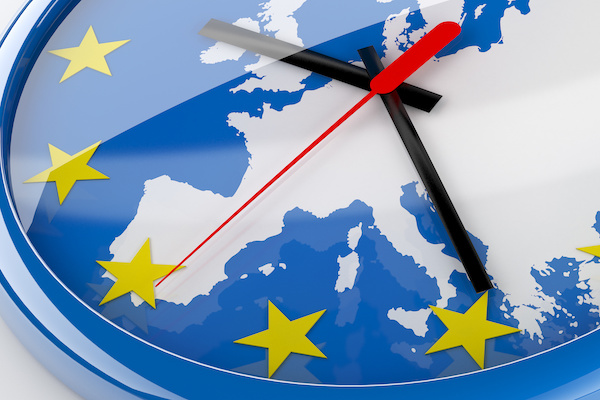14 March 2018
Demand response, a promising segment for the flexibility of the electricity system


France reached two weeks ago its electric consumption peak for the 2017-2018 winter, with a level at 95 GW on February 28th. While the country experienced a particularly rigorous cold spell, the electric system’s resilience was guaranteed by many generation sectors, but also by a flexible demand management, especially thanks to demand-side response.
The notion “demand response” describes the fact that a consumer, at a specific point in time, reduces voluntarily and temporary its electricity consumption. Thus, he or she contributes to the balance supply/demand of the electric system, and gets rewarded financially for this flexibility.
Demand-side management, an old source of flexibility…which is taking new forms from now on
Demand response can be triggered by tariff signals, part of the supply contracts chosen by each consumer, or be carried out by independent operators, playing the role of aggregator of flexibility means.
Big industrial consumers represent traditionally the principle source of demand response: in the 1990s, the potential of demand response that could be mobilized was estimated around 6 GW.
RTE, the French TSO, estimated in its 2017 forecast, that after a decline until 2012, the potential of flexibility linked to demand response has increased increases up to 2,5GW. If demand response of industrial consumers constitutes a major part of the potential that can be mobilised, many companies explore also today the potential of “diffuse” demand response, for individuals and small and medium enterprises, relying on the development of smart meters, digital and the Internet of Things.
The growth of variable energies within the electric system offers development’s perspectives for demand-side response
The rise of variable energies should be accompanied by a progressive increase of the needs for a global flexibility of the electric system, in order to maintain at any time the balance between generation and consumption.
In this perspective, demand response appears to be a promising source of flexibility. The Plurennial Energy Programming (PPE), adopted in 2016, set targets for the development of flexibility capacities (all categories taken together) from 5 GW in 2018 and 6GW in 2023. Such ambition is a sign of an important political support to this sector.
An important work was initiated in France to allow the participation of demand-side response to all mechanisms composing the electricity markets. In order to support the development of this sector, the public authorities also asked RTE to contractualize a certain volume of demand response capacities. The choice of the operators that will benefit from this contractualisation will be carried out through a tender organised by RTE. This mechanism was approved by the European Commission on February 8th: in 2018, the tender’s total volume will amount to a total capacity of 2.2 GW, with 300 MW reserved for small sites of less than 1MW.
The objective: facilitate the participation of demand response to different market mechanisms
UFE considers the tender dedicated to demand response as a means of awarding the fairest financial support, which must be seen as complementary to the remuneration offered by markets. It is above all an effective participation in the various market mechanisms (capacity mechanisms, systems of services, adjustment mechanism…) that will allow the sector to develop sustainably.
While demand response enjoys a strong support from the majority of actors, it is now necessary to ensure that practical modalities of participation of different market mechanism are appropriate, by identifying possible barriers on the basis of a shared analysis. With the expertise of its members, UFE will support the development in short and medium term of demand response by formulating proposals and concrete recommendations on all the structuring issues for the sector.
Find out more
02 June 2020
“Long live Europe”: it’s time for Europe!
25 February 2020
Brexit: love last 47 years


About us
The Union of the French Electricity Industry is the trade association of the French electricity sector. We bring together companies from the whole value chain of the electricity industry.
Find out more










